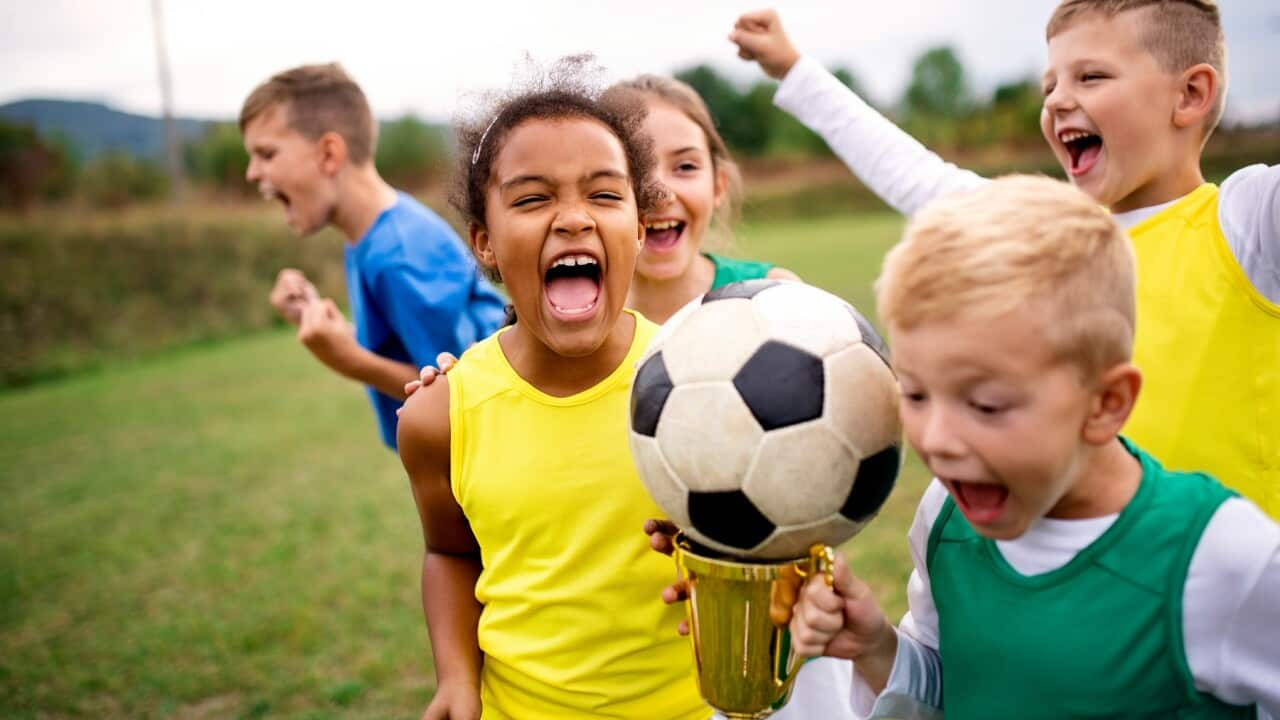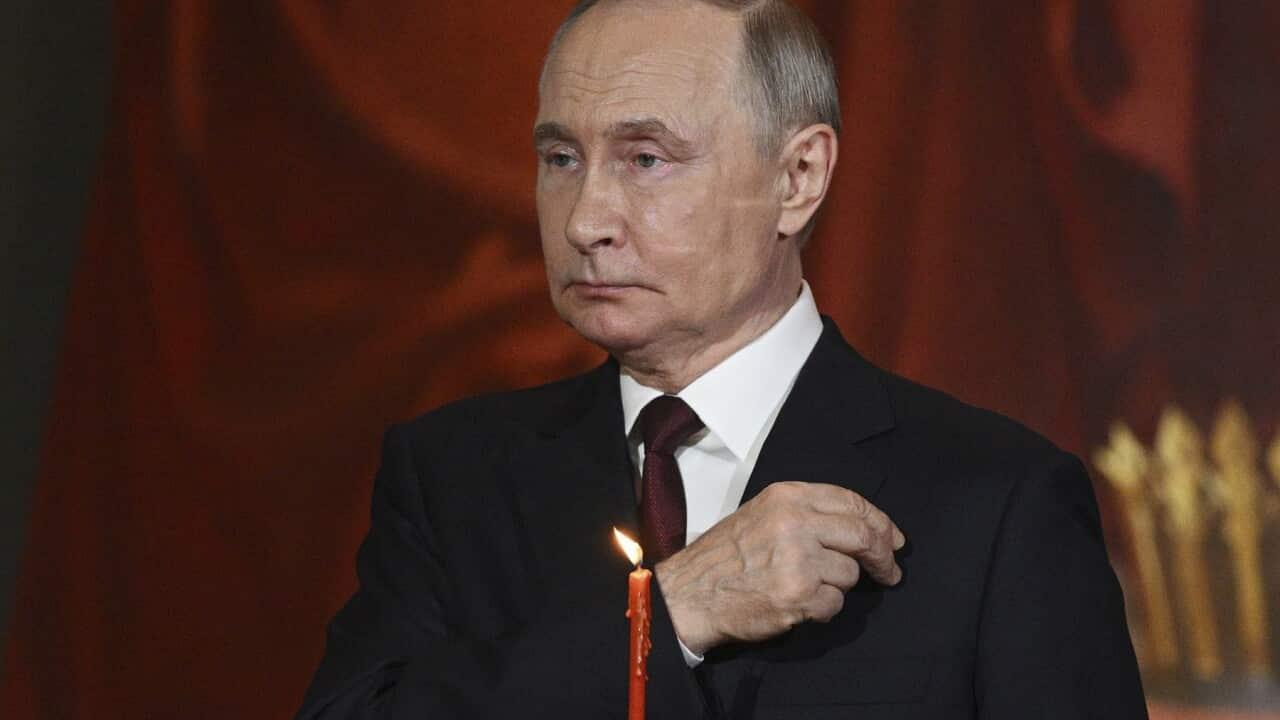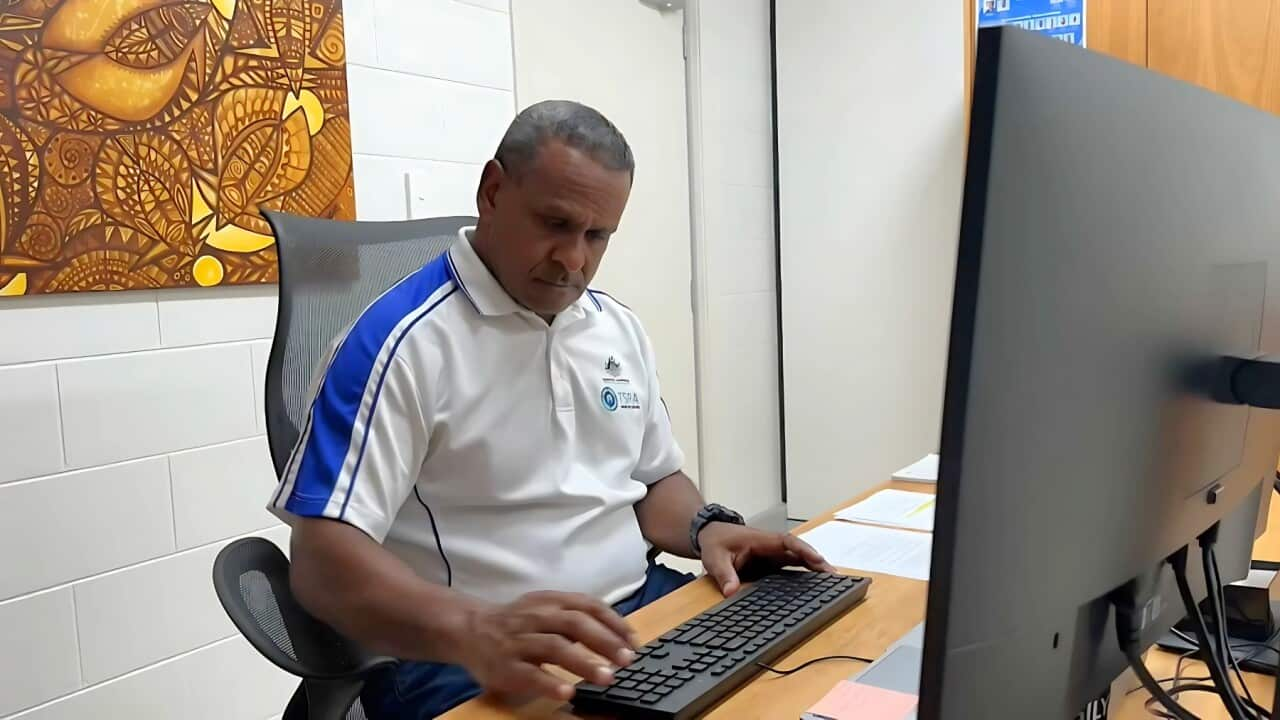TRANSCRIPT
While the benefits of physical activity are widely understood, a new study reveals links between children's participation in sport and higher academic performance.
Researchers at the University of Sydney followed the sports participation of over 4,000 children from across Australia from 4 years of age to 13 years of age, and then matched this with their academic progress up to 21 years of age.
The first-of-its-kind research shows children who take part in sport over the longer term are likely to see benefits including better NAPLAN and end-of-school results, greater attention and memory, lower absenteeism and higher chances of attending university.
Lead author Dr Katherine Owen says the results show how important it is for children to participate in sports.
"Team sports really builds social connections and peer bonding and friendships which are, and like a really strong sense of belonging which is really important for kids and I think that's why those specific academic benefits come from team sports because they're more motivated to go to school and they're more likely to want to go school to see their friends and just having that sense of belonging is so important for those specific outcomes."
Despite the benefits being applicable across the board, Dr Owen reveals some members of the community are more likely to withdraw from sport.
"In our overall analysis, we found that 50 per cent of kids continue playing sport throughout their childhood, 25 per cent dropout and another 25 per cent don't participate at all. And we found that kids who were from first of all low-socio economic status areas, culturally and linguistically diverse and also girls were the least likely to continue participating, they were most likely to be in the non-participants or drop out."
The Centre for Multicultural Youth in Victoria runs sport programs for young people from refugee and migrant backgrounds to build a sense of belonging and develop connections in the local community.
CMY's initiative, the Centre for Multicultural Sport, aims to bridge the gap between the sporting world and Australia's multicultural communities, by supporting organisations to be more inclusive.
CMY Sport Manager Simon Rodder has told SBS News the structure of Australia's sporting system creates a barrier to entry.
"They come from countries where sport's largely played informally and they come to this country where you, to go join your local club, you have to train two nights a week, you have to pay membership fee that goes to the state body, that goes to the national body. There's a rigid structure to the Australian sporting system and that again, particularly with new and emerging communities having larger families, you know, that's a bigger impost on costs for young people."
Dr Owen says sport may be seen as a less important activity for some families.
"For families who speak another language at home, sport may not be a priority for them. They have a lot of other stressors and priorities and things on their mind that they are focusing on and not so much on putting their kids into sport and also in their culture, it may not be as important to them."
Mr Rodder believes more can be done to get migrant communities into sport.
"Their priority is education and so, they don't see the benefits and I think that needs to be a community-wide education process, even in settlement services where families are explained about the benefits of being physically active, not only academically to be able to build networks."
Dr Owen adds the costs are also an issue for many.
"Sport can get very expensive, especially with cost of living going up these days it becomes a lower priority for parents and so they pull their kids out of of sport because it's so expensive, especially for young girls, they start losing interest. Girls especially, they want to play sports for fun, they want to be social, they want to connect with their friends and when they start hitting adolescence, they kind of, there's not as many social, fun options for them."
Chief Executive of the NSW Office of Sport Karen Jones adds many girls struggle with body image issues.
"A universal barrier across all the life stages of women is that fear of feeling intimidated or embarrassed to actually exercise in public. And it's that fear of judgment that is the main barrier for girls and women and that really comes down because of judgement around appearance, maybe judgement around ability and just life priorities and judgement around that as well."
The study also highlights the specific benefits related to individual and team sports.
Dr Owen examines these.
"We found for individual sports it was more beneficial for NAPLAN literacy test results and ATAR results whereas team sports were more beneficial for cognitive performance, so attention and memory, kids who played team sports were less likely to be absent from school and they're also more likely to complete their high school certificate."
But Dr Owen suggests its important a child is enjoying the activity they’re in.
"There definitely are more benefits to team sports but I think it's got to be what the child enjoys, because if they're not enjoying it, they won't receive the same mental health benefits."
It's hoped the research will add to general understanding around how educational environments can be tailored to promote sports participation that improves children's physical and mental health and educational success.
Ms Jones says its important girls are given the same opportunities as boys.
"It's not just about participation, it's about making sure we've got the right facilities for girls to participate. It's about making sure that we've got representation of females across all aspects of sport, whether that be as participants or athletes, through to coaches, through to officials, through to administrators."
Mr Rodder says there's more to be done around understanding unconscious bias in sport and how it impacts representation of multicultural communities.
"We need to reflect our community better and understand that when you're creating those safe cultural environments, a lot of it's to do with you know, images you have around the sports club, programs you run, trying to reduce the amount of alcohol that's served, creating environments that are more welcoming to diverse communities."
Dr Owen notes its vital young people stay active, even just for their general wellbeing.
"Schools, making it more of a priority and placing more emphasis and importance on sports but I think it's also got to be coming from the parents. There's got to be parental support and encouragement."













